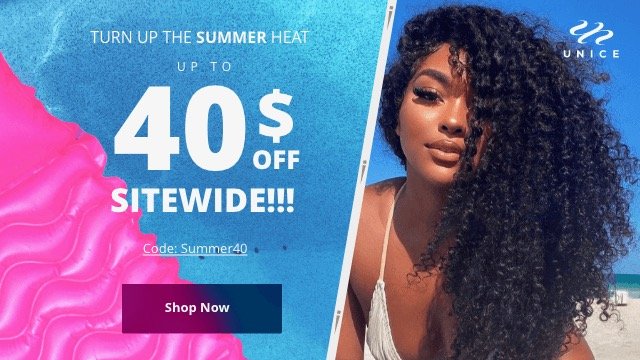Why Black Businesses Need Support from All Customers, Not Just Black Customers
Image Source: Andrea Piacquadio
In business, growth isn’t just an option—it’s the goal. For Black-owned brands, the journey from local success to global recognition is both exciting and challenging. However, this path to expansion can be complicated by the very community that helped build the brand. Take a moment to consider this: how can a Black-owned business become a global household name if its growth is met with outrage from the very customers who first supported it?
Let’s look at Rihanna as an example. When she launched Fenty Beauty, it wasn’t just a beauty brand for Black women—it was a beauty brand for everyone. The genius of Fenty is in its universal appeal, offering products that cater to a diverse range of skin tones, including shades that were often overlooked by mainstream brands. And here’s the thing: Black women didn’t get upset when other races started using Fenty products. Instead, they celebrated it. They understood that Fenty’s success benefits everyone, including the Black community, by proving that products created with Black women in mind can—and should—be embraced by the world.
Now, let’s contrast this with what sometimes happens with smaller Black-owned brands, particularly in the hair and skin care industries. These businesses often start by creating products designed for Black hair or issues common with melanated skin. But as these products gain popularity and their customer base expands, they can quickly sell out. And when that happens, frustration can arise within the Black community, with some voices suggesting that non-Black people shouldn’t buy these products so that they remain available for their intended audience.
While this frustration is understandable—after all, it’s disappointing when you can’t get your go-to product—the reality is that discouraging non-Black customers from purchasing these products can be harmful to the brand. If a Black-owned business is going to grow and thrive, it needs to appeal to a broad audience. Black people make up a minority of the population, so for these businesses to truly expand, they need customers from all races and cultures to show interest in their products and services.
This crossover appeal isn’t just a positive thing—it’s essential. When a Black-owned brand becomes popular with a wider audience, it opens the door to new opportunities, from increased revenue to potential partnerships and even global expansion. It’s a sign that the brand is doing something right, creating products that resonate beyond just one demographic.
Of course, the desire for availability is valid. We all want to be able to access the products we love when we need them. But it’s important to remember that business growth takes time. If a product is frequently sold out, it might mean that the company is in the process of scaling up. This could involve finding financial partners, increasing production, or expanding distribution to meet the growing demand.
In the end, supporting a Black-owned business means cheering for its success on every level, not just when it’s small and niche, but also as it grows and reaches new heights. By encouraging growth rather than stifling it, the Black community can help ensure that these businesses not only survive but thrive on a global stage. And that’s a win for everyone.

